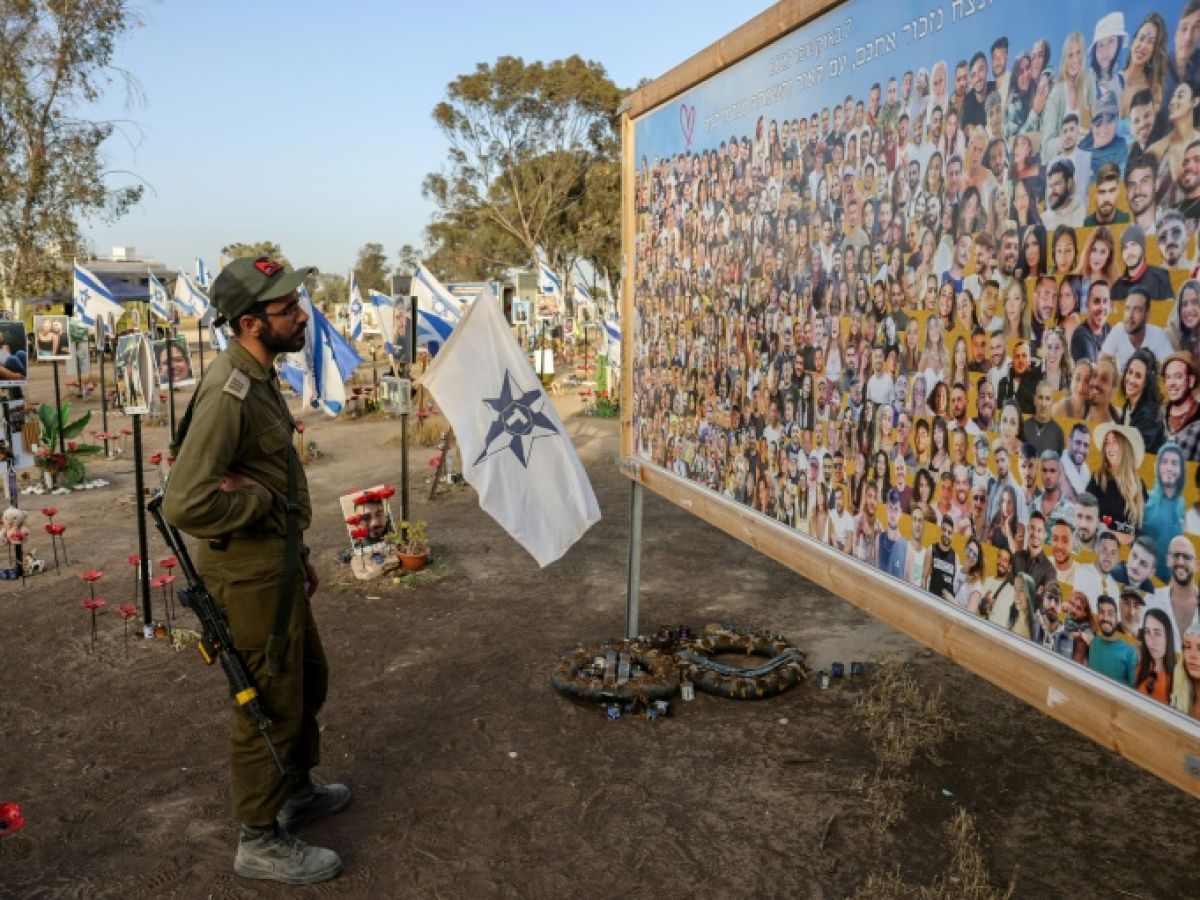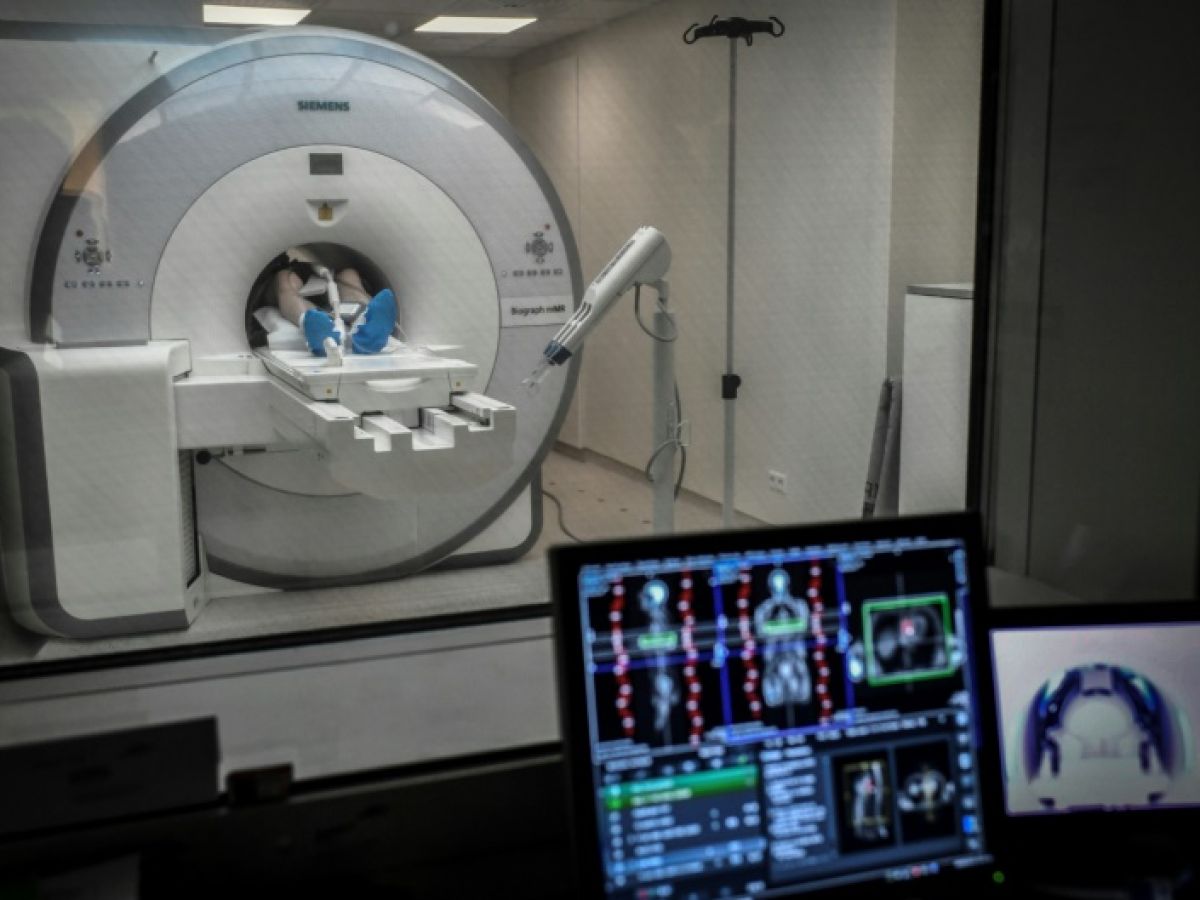Drugs, medication, gambling: Narcotics use and addictive behaviors have surged in Israel following the unprecedented Hamas attack on October 7, which caused shock in the country, according to health professionals.
"As a natural reaction to emotional stress and in the search for relief, there has been a dramatic increase in the use of various addictive sedative substances, whether prescription medications, illegal drugs, alcohol, or sometimes addictive behaviors like gambling," psychiatrist Shaul Lev-Ran, founder of the Israel Center for Addiction and Mental Health in Netanya, central Israel, told AFP.
To support this observation, his teams conducted a study on a thousand people representative of the Israeli population which revealed "a link between indirect exposure to the events of October 7 and the increase in the consumption of addictive substances" of nearly 25%.
One in four Israelis has increased their use of addictive substances, while in 2022, before the attack, only one in seven Israelis struggled with substance abuse disorders.
On October 7, commandos from the Palestinian Islamist movement Hamas infiltrated from Gaza into southern Israel and carried out an attack that killed 1,198 people, mostly civilians, according to an AFP tally based on official Israeli data. Of the 251 people kidnapped at the time, 111 are still being held in Gaza, 39 of whom are dead, according to the army.
In retaliation, Israel launched a war against Hamas in the Gaza Strip that left nearly 40,000 dead, according to data from the Health Ministry of the Hamas-run Gaza government, which does not provide details on the number of civilian and combatant deaths.
– “Escape from reality” –
After these events and the war that followed, 50% of the survivors of the attack increased their consumption of addictive substances, and 33% for the displaced people, according to the study conducted in November and December.
In Israel, the use of sleeping pills and painkillers exploded by 180% and 70% respectively.
Some of Dr. Shaul Lev-Ran's patients ask him for "something," saying, "My son is fighting in Gaza, I have to sleep, otherwise I won't be able to go to work," he says.
Called up by the army, Yoni (not his real name) delayed his military service because he was about to undergo treatment in central Israel to treat his drug addiction, which had worsened in recent months.
"I started taking drugs during the Covid-19 pandemic, and with the war it really got worse (...). It's a way to escape reality," says the 19-year-old.

During the October 7 attack, he lost his friend Nick Beizer, 19, buried in the military cemetery in Beersheba, in southern Israel, about a hundred meters from the park where the AFP team met Yoni, who was losing his sense of direction.
To overcome "boredom" and "fear," he and his friends go to techno parties "like Nova," a music festival where thousands of young people gather to dance on the edge of the Gaza Strip, and where 364 people were killed by Hamas men on October 7.
– “On the eve of an epidemic”-
In the first few months, Yoni consumed "recreational drugs like ecstasy, MDMA (a designer drug, editor's note), LSD," which were "easy" to obtain, in groups, then "alone at home."
“I know I'm an addict, and now I know I need to go to rehab to take care of myself,” Yoni explains bluntly.
After his treatment, he wants to do his military service, to "prove to myself, to prove to my family, that I am capable of contributing to the community."
"Drugs help me forget," explains Matan, a soldier deployed in Gaza, whom I met in a bar in Jerusalem. "I know it's pointless (the war, editor's note), but I have to go," he says.
Based on the study, "it is already evident that we are on the verge of an epidemic in which large sections of the population will develop a dependence on addictive substances," observes Professor Shaul Lev-Ran.
There is no data on mental health and drug addiction among the Palestinian population due to a lack of resources, the Palestinian Authority told AFP.

